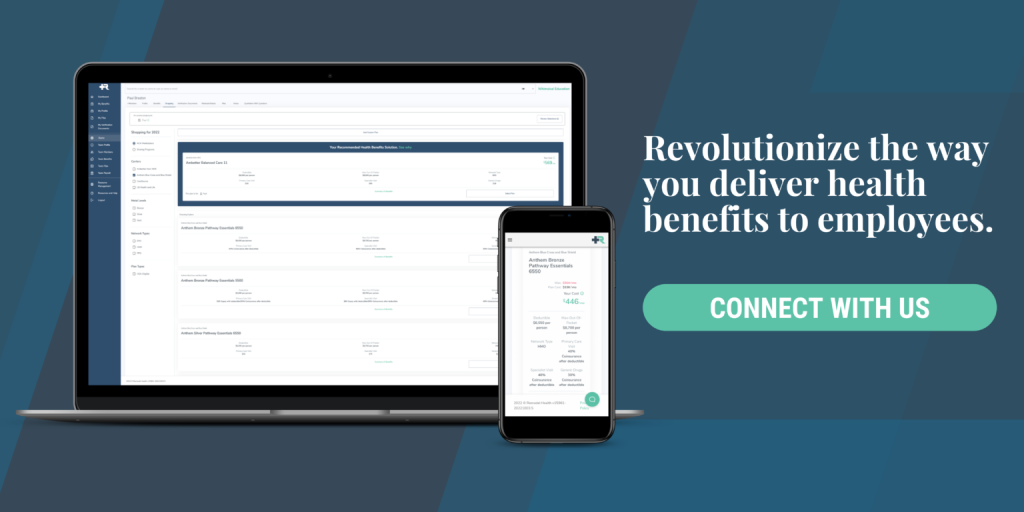As healthcare dynamics continually evolve, it is crucial for businesses and employees to keep up with the available health coverage options. One of the significant advancements in recent years has been the Individual Coverage Health Reimbursement Arrangement (ICHRA). This health coverage option has been gaining traction for its flexibility and affordability. Today, let’s discuss who can participate in an ICHRA and how to determine ICHRA eligibility.
Who Can Participate in an ICHRA?
In contrast to traditional group health insurance, ICHRAs are flexible and can be offered by employers of any size to their employees. There are no minimum participation requirements or restrictions on the basis of the employer’s industry or location.
Moreover, employers can segment their workforce into different classes. These classes can be defined based on job criteria such as full-time vs. part-time status, seasonal vs. permanent employees, employees working in different geographical locations, salaried vs. hourly employees, employees in different divisions or units, and more.
Importantly, within each class, the offering must be consistent. Employers cannot offer an ICHRA to some employees within a class and a traditional group health plan to others. However, they can vary the amount of ICHRA funds based on the employee’s age and the number of dependents.
To participate in an ICHRA, employees also must have individual health insurance coverage, either through the Marketplace, Medicare, student health insurance, a spouse’s plan, or another source. Employees must be able to provide proof of this coverage.

How to Determine Eligibility for an ICHRA
Determining eligibility for an ICHRA is relatively straightforward. As long as an employer wants to offer it and the employees have individual health insurance, the basic eligibility criteria are met! Below are the steps for determining eligibility:
1. Employer Decision
The first step is the employer deciding to offer an ICHRA instead of traditional group health insurance. This decision may be based on the organization’s budget, administrative capacity, or the desire for flexibility in health benefits.
2. Employee Classification
Next, the employer defines classes of employees to whom the ICHRA will be offered. As mentioned earlier, these classes must be based on job criteria.
3. Proof of Individual Coverage
Finally, for an employee to participate in an ICHRA, they must have individual health insurance coverage and be able to provide proof of this coverage.
4. Enrollment Period
The employee must enroll in the ICHRA during the defined enrollment period, which typically coincides with the employer’s benefit year.
ICHRA is a promising avenue towards more personalized and affordable healthcare coverage. By understanding who can participate and how to determine eligibility, employers and employees alike can make informed decisions about this innovative health benefits option.
Are you ready to take advantage of an ICHRA? See how easy it is to make the switch by connecting with us!

